Basic math operations Worksheets for Ages 6-8
7 filtered results
-
From - To
Explore engaging Basic Math Operations Worksheets designed specifically for children aged 6 to 8! Our carefully crafted resources facilitate the development of essential skills in addition, subtraction, multiplication, and division. Each worksheet offers a variety of fun exercises, including colorful graphics and interactive elements to capture young learners' attention. These materials promote problem-solving abilities while aligning with educational standards. Perfect for home or classroom use, our worksheets allow children to practice at their own pace, building confidence in their math skills. Download now and support your child's journey towards math mastery in an enjoyable, stress-free way!
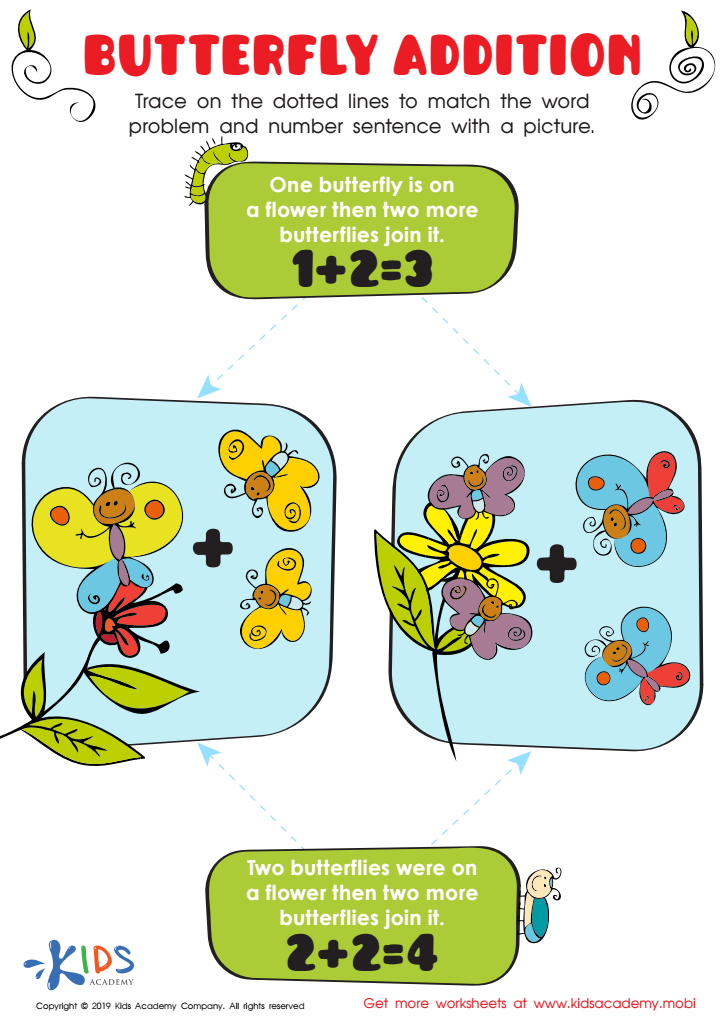

Butterfly Addition Worksheet
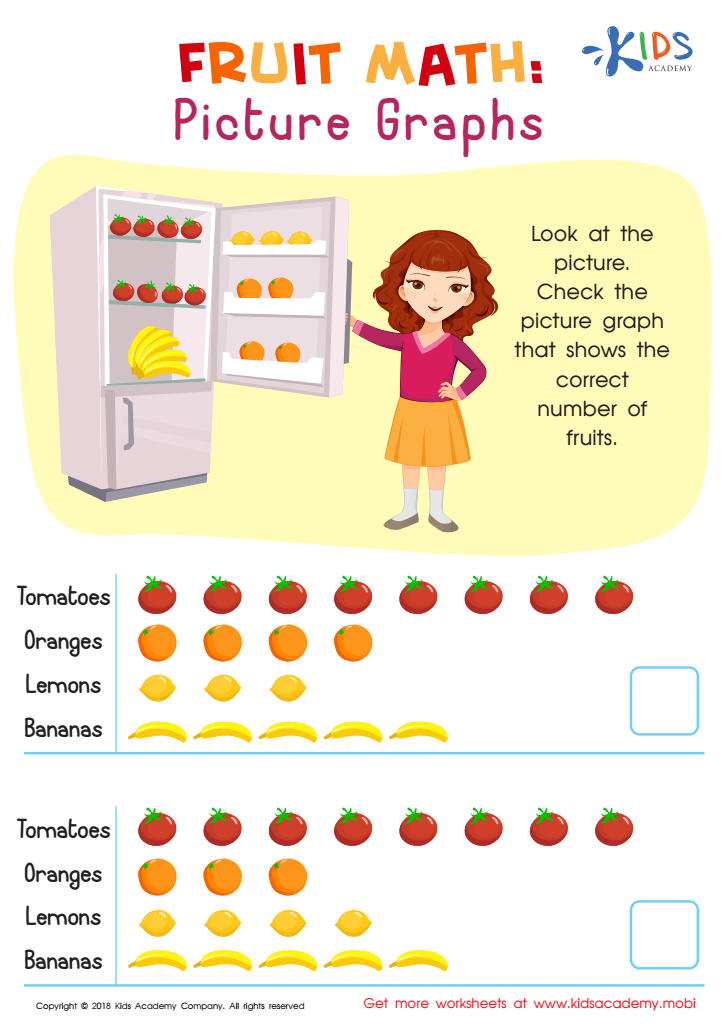

Fruit Math: Picture Graphs Worksheet
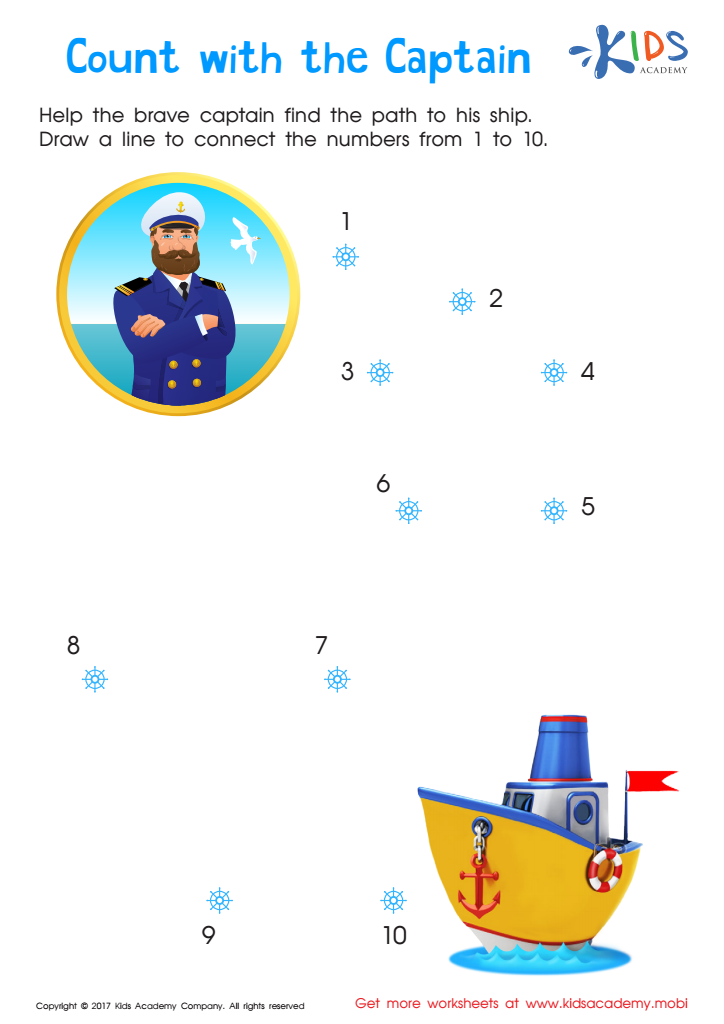

Count with the Captain Connect Dots Worksheet
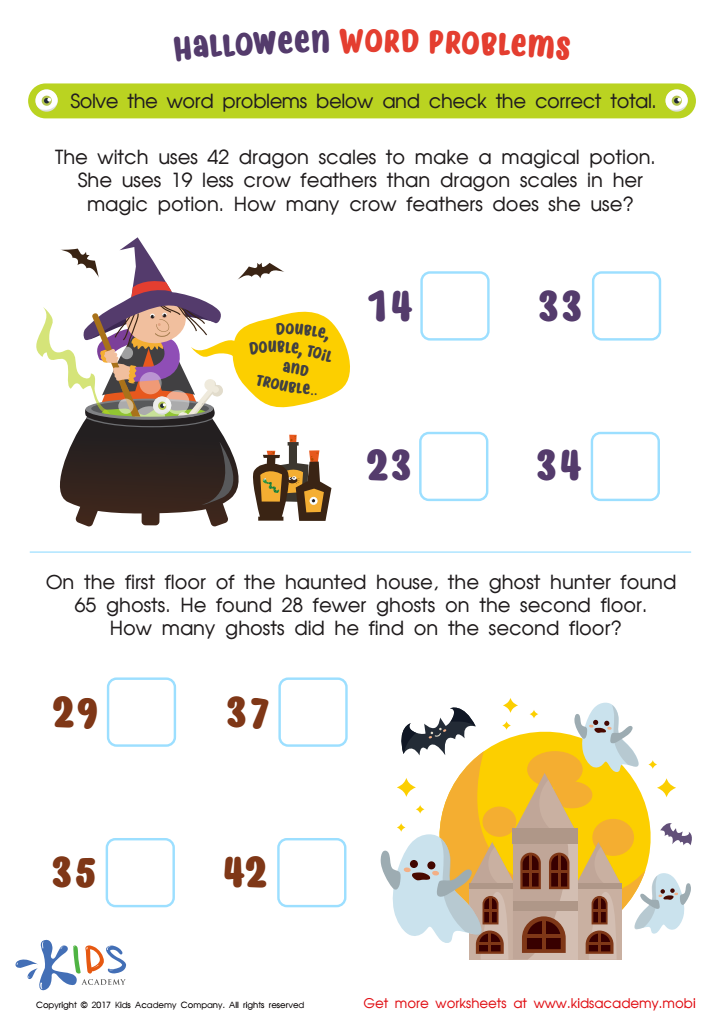

Halloween Word Problems Printable
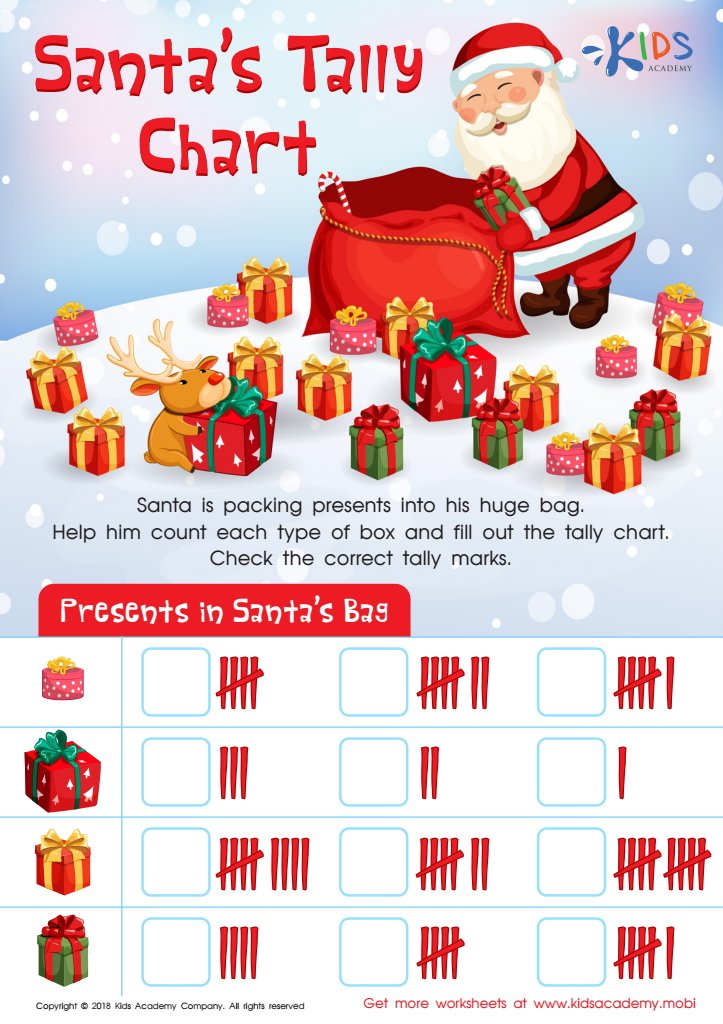

Santa Tally Chart Worksheet


Word Problems: Assessment 2 Worksheet
Parents and teachers should care about basic math operations for children aged 6 to 8 because this foundational knowledge is crucial for their academic development and everyday life skills. At this age, children are beginning to grasp essential concepts like addition, subtraction, multiplication, and division, forming the basis for more complex mathematical reasoning in the future. Mastery of these skills ensures children gain confidence in their abilities and the motivation to engage with math.
Furthermore, understanding basic math operations is integral to problem-solving and critical thinking. As children learn to manipulate numbers, they also develop logical reasoning and analytical skills that apply beyond mathematics, impacting their performance in subjects like science and even reading comprehension.
Moreover, early engagement with math can help children understand and interact with the world around them, from budgeting their allowance to measuring ingredients in cooking. In classrooms and homes where math is emphasized, children benefit from a consistent learning environment that fosters exploration and curiosity. By prioritizing these basic operations, parents and teachers lay the groundwork for lifelong learning and success in a technology-driven society where math is increasingly vital.
 Assign to My Students
Assign to My Students







.jpg)














